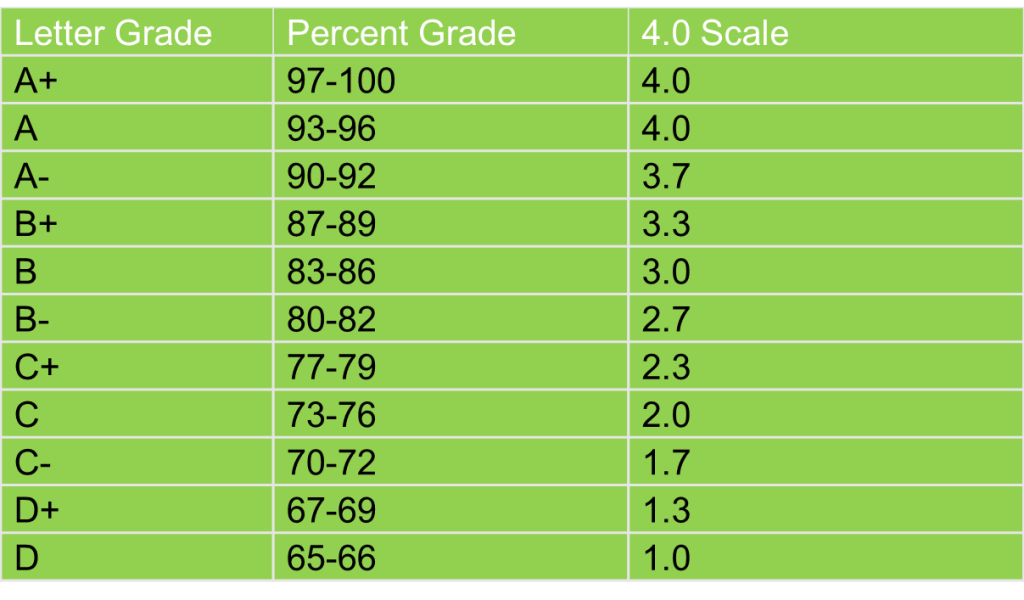Every student has to go through a tough phase in his/her school life. This phase is called the ‘board exams.’ About 40 lakh students appeared for 10th and 12th board exams conducted by CBSE in 2023 as per Jagran Josh. Typically in India, a student going through his/her board exams is under a lot of pressure. The exams themselves first of all create a lot of stress in a student’s mind. Then there are other external reasons too. For example, the career related pressures. A student has to secure a certain score to qualify for his/her favourite career option. Then there is a peer pressure of scoring high from family, relatives and neighbours.
Board exams are a crucial milestone in a student’s academic journey. Preparing for them requires a strategic and disciplined approach. With proper planning and smart study techniques, students can not only cover the syllabus effectively but also perform exceptionally well in their board exams. To excel in these exams smart work is more effective than hard work. In this article, we will explore some intelligent methods of preparation that can help students excel in their board exams and achieve the desired results.
Organise Your Study Schedule:
Creating a well-structured study schedule is the first step towards successful board exam preparation. Allocate sufficient time for each subject based on its importance and your proficiency level. Break down the syllabus into smaller, manageable chunks and set achievable daily and weekly goals. A structured study plan will help you stay focused and cover the entire syllabus efficiently. Breaking down your syllabus will also stop you from exhausting yourself from studying too much.
Understand the Exam Pattern:
Before diving into your studies, it’s essential to familiarise yourself with the exam pattern, question formats, and marking schemes. Analyse previous years’ question papers to get a sense of the exam’s style and difficulty level. Understanding the exam pattern will enable you to prioritise topics and allocate time accordingly. Hence, you will be able to study the things that will be likely to come in the exam.
Break Down the Syllabus:
The syllabus for board exams can be vast. But breaking it down into smaller segments can make the learning process more manageable. Focus on one topic at a time, understand it thoroughly, and then move on to the next. This approach helps in better comprehension and retention of the subject matter. Break down the syllabus into different topics. And switch topics to keep your mind fresh despite studying hard.
Make Notes:
Creating concise and well-organised notes is an excellent way to reinforce your understanding of key concepts. Summarise important information, formulas, and key points in your own words. Making proper notes is really necessary for a student. It builds up confidence when you look at them for revision purposes. These notes will also serve as quick references during the last-minute revision.
Practice with Past Papers:
Solving previous years’ question papers is an invaluable part of board exam preparation. It helps you become familiar with the types of questions asked and the time required to answer them. Practising with past papers will also allow you to identify important topics and assess your progress. It will habituate you with the kinds of questions asked usually in exams. Hence you will easily be able to tackle the exam and score higher marks.
Time Management:
Time management is crucial during the board exams, where you have a limited time to complete the paper. During practice sessions, ensure that you answer questions within the time constraints. Regularly monitor your speed and accuracy to improve your time management skills. Improve your writing speed, sit through simulated exam environments in order to develop time management skills.
Take Regular Breaks:
It is important to not overdo anything, including studies. Avoid prolonged study sessions without breaks. Take short breaks between study hours to rejuvenate your mind and maintain focus. Continuous study can exhaust you and slow your mind. Stepping away from your books for a few minutes can significantly improve your concentration when you return to your studies.
Stay Healthy:
A healthy body supports a healthy mind. Pay attention to your physical well-being by maintaining a balanced diet, engaging in regular exercise, and getting enough sleep. A well-rested mind is more alert and receptive to learning. If your health is not good, it will affect the concentration level of your studies. Also, improper diet will turn you lazy and lethargic and will hamper your studies.
Use Technology Wisely:
Leverage educational apps, online resources, and digital study aids to complement your learning process. Interactive quizzes, video tutorials, and online study materials can enhance your understanding and make learning enjoyable. Technology is a boon if used in a good manner. One can use it to clear doubts, find solutions, watch video lectures and many other productive tasks.
Revise Regularly:
Consistent revision is key to retaining information for the long term. Set aside dedicated time for regular revisions to reinforce your understanding of the subjects. Regular revisions help you maintain a strong grasp of the topics and boost your confidence. It will also help you recall things that you keep missing or forgetting. Many students commit mistakes because they forget silly things. This method will help evade it.
Focus on Weak Areas:
Identify your weak areas and dedicate more time and effort to improving them. Strengthening your weak subjects can significantly improve your overall performance and help you achieve better results. If you pay attention to your weak areas, it will help you in enhancing your subject matter knowledge. This in turn will help you score better.
Stay Positive and Confident:
Maintaining a positive attitude throughout your preparation is essential. Believe in your abilities and approach the exams with confidence. Positive thinking enhances motivation and helps you tackle challenges with a calm and composed mindset. Many students often commit silly mistakes or err questions they know the answers of because of nervousness or fumbling. Being positive during exams helps in avoiding these mistakes.
Conclusion
Board exams are a critical phase in a student’s life, and smart preparation strategies can make a significant difference in achieving excellent results. By organising your study schedule, understanding the exam pattern, breaking down the syllabus, making concise notes, practising with past papers, and managing your time effectively, you can be well-prepared for the board exams. Additionally, taking care of your physical and mental well-being, seeking help when needed, and staying positive will contribute to your success. With dedication, focus, and smart study techniques, you can approach the board exams with confidence and achieve the desired academic goals.
Good luck!

